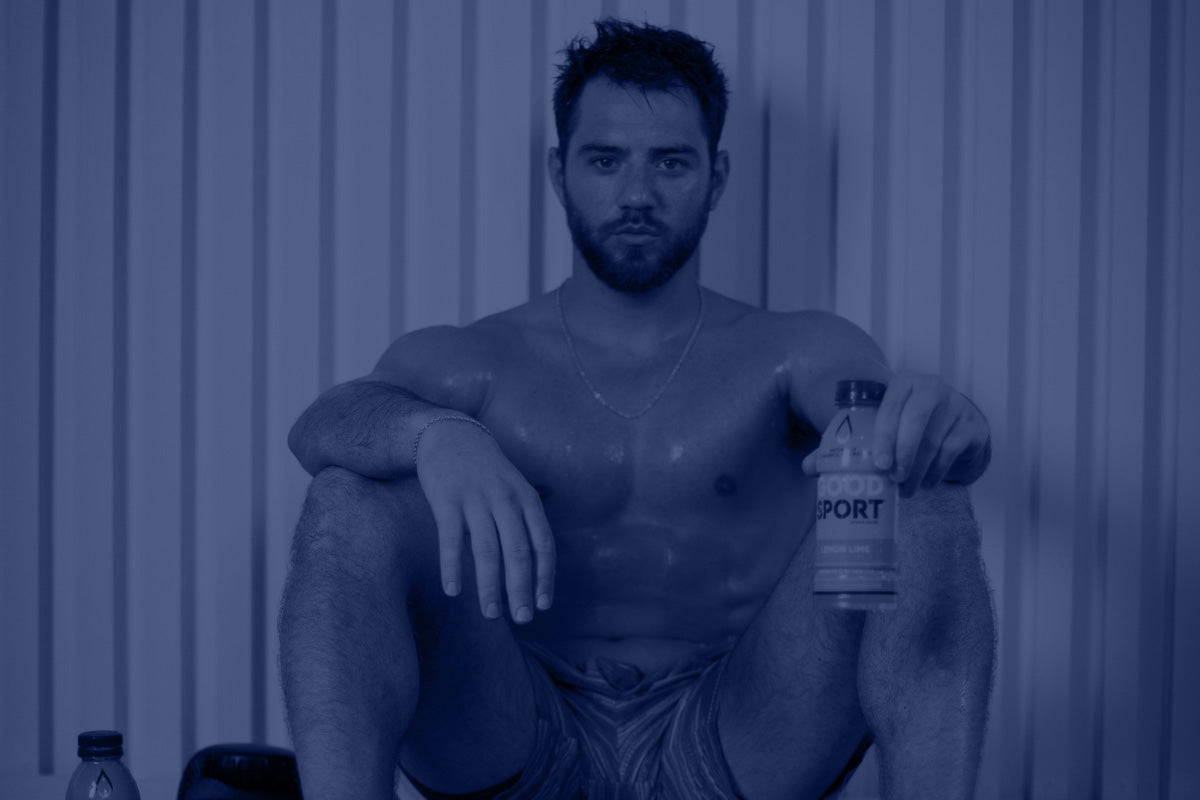
HYDRATION SAPPERS
Do Alcohol and Caffeine Affect Hydration?
Two frequently asked questions we hear related to hydration are, “What is the relationship between alcohol and hydration?” and, “What is the relationship between caffeine and hydration?” At GoodSport, we keep an eye on all of the latest research related to proper hydration and best hydration strategies. Learn more about the relationships between alcohol and hydration and caffeine and hydration below.
Alcohol is dehydrating.
Alcoholic beverages have a diuretic effect, meaning alcohol increases fluid loss via increased production of urine. Increased fluid loss via urination increases the time required to completely rehydrate and can be problematic particularly when the time to fully rehydrate is short. Alcohol consumption appears to be less detrimental when there are 24 hours or more available to rehydrate. However, binge drinking of large volumes of alcohol is always problematic for hydration status. Alcohol is also a central nervous system depressant and will impair physical and cognitive performance, so avoiding it when training or competing is advised.
Reasonable amounts of caffeine will not dehydrate you.
Most caffeinated beverages do not contain enough caffeine to impede rehydration after exercise or during the day, especially when consumed with foods containing sodium and other electrolytes.
Caffeine has a mild diuretic effect in caffeine-naive or caffeine-starved people. Those who ingest caffeine on a regular basis are less likely to experience caffeine-induced diuresis. Also, it is unusual for people to consume large amounts of caffeine without also consuming food, which offsets the diuretic impact of caffeine. Exceptions to this generalization include ingesting multiple energy drinks or energy shots in the absence of food intake. Bottom line: research indicates that when caffeine consumption is less than 250 - 300 mg/day, the diuretic impact of caffeine is negligible.
- Flores-Salamanca R, Aragon-Vargas LF. Postexercise rehydration with beer impairs fluid retention, reaction time, and balance. Appl Physiol Nutr Metab. 2014;39(10):1175-1181.
- Shirreffs, SM, Maughan RJ. Restoration of fluid balance after exercise-induced dehydration: effects of alcohol consumption. J Appl Physiol. 1997;83(4):1152-1158.
- Wijnen AH, Steennis J, Catoire M, Wardenaar FC, Mensink M. Post-exercise rehydration: Effect of consumption of beer with varying alcohol content on fluid balance after mild dehydration. Front Nutr. 2016;3(45):1-8.
- Wynne JL, Wilson PB. Got Beer? A Systematic Review of Beer and Exercise. Int J Sport Nutr Exerc Metab. 2021;31(5):438-450.
- Grandjean AC, Reimers Kj, Bannick KE, Haven MC. The effect of caffeinated, non-caffeinated, caloric and non-caloric beverages on hydration. J Am Coll Nutr. 2000;19(5):591-600.
- Killer SC, Blannin AK, Jeukendrup AE. No evidence of dehydration with moderate daily coffee intake: a counterbalanced cross-over study in a free-living population. PloS ONE. 2014;9(1):1-8.
- Seal AD, Bardis CN, Gavrieli A, et al. Coffee with high but not low caffeine content augments fluid and electrolyte excretion at rest. Front Nutr. 2017;4(40):1-6.
